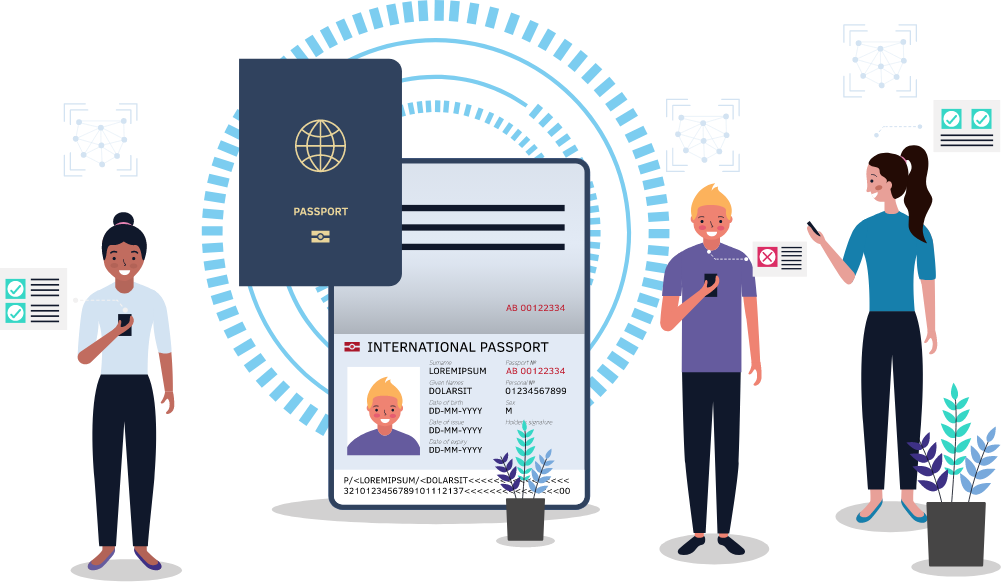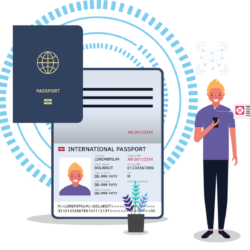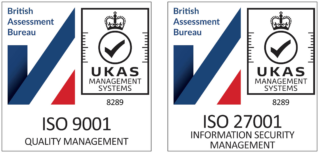Remote Right to Study checks – could ‘remote checks’ be the new normal?

When the Covid-19 pandemic hit, we all saw an overnight switch from face-to-face to online. For many higher education organisations, this presented a huge challenge and left them facing uncertainty in their processes around enrolment and compliance checks.
For the 2020 intake, verifying identity remotely became a new and unique challenge for many colleges and universities who quickly needed to find a way to confirm that the students they are enrolling are actually who they claim to be, without a face-to-face meeting and without holding and seeing an identity document presented by the students themselves.
A varied landscape…
At the start of the Covid-19 lockdown, the landscape for our customers and prospects varied enormously. Some already had a remote identity check process and service in place and they added our Guest Links functionality to facilitate the remote document upload process. Others, including many Universities and NHS Trusts, who were used to meeting people face-to-face, started to consider online identity checks as a short-term measure or as an additional tool to their usual on-premise checks.
One of our higher-education customers, a leading London University, had been using TrustID scanners as part of Right to Study checks during student enrolment since 2015, with multiple ID scanners across their site. However, for September 2020 registrations, they face the challenge of how to process hundreds of student checks effectively without handling hundreds of
identity documents.
In July 2020, with a return to ‘normal’ enrolment processes looking impossible, we worked with them to introduce TrustID Cloud. Thanks to the online validation service, their staff can receive copies of the relevant identity documents via email and upload them for online validation or their students themselves can upload their documents using our Guest Links functionality.
The university now has the flexibility of both on-premise and online checks for student enrolment and is no longer solely reliant on a face-to-face registration process.
A more efficient process?
For universities, as for many organisations, I wonder whether this enforced change of process could be the start of a new way of working? Of course, it’s not clear yet if or when our world will revert to pre-Covid conditions. However, there’s no doubt that, whilst universities have been forced to rethink their processes, some have found a new, efficient way of working. They have seen that both their internal team who are making the checks and the students having their identity documents checked are happy to accept and embrace online validation services.
One thing is certain: investing in smart, flexible identity verification tools today will allow your registration teams to work efficiently, whatever the future brings.
Want to find out more?
If you’d like to discuss how remote identity checks could support Right to Study checks for your organisation, please get in touch.
We’d be happy to arrange an online demo or a free trial of our services.
Sign up to receive updates
Receive notifications from TrustID direct to your inbox. Simply fill out your email address in the form below.
Want to find out more?
We’d be really happy to chat through your requirements and offer advice on the best service for your business.
Tel: 0118 466 0822 or email us.
Request a callback


